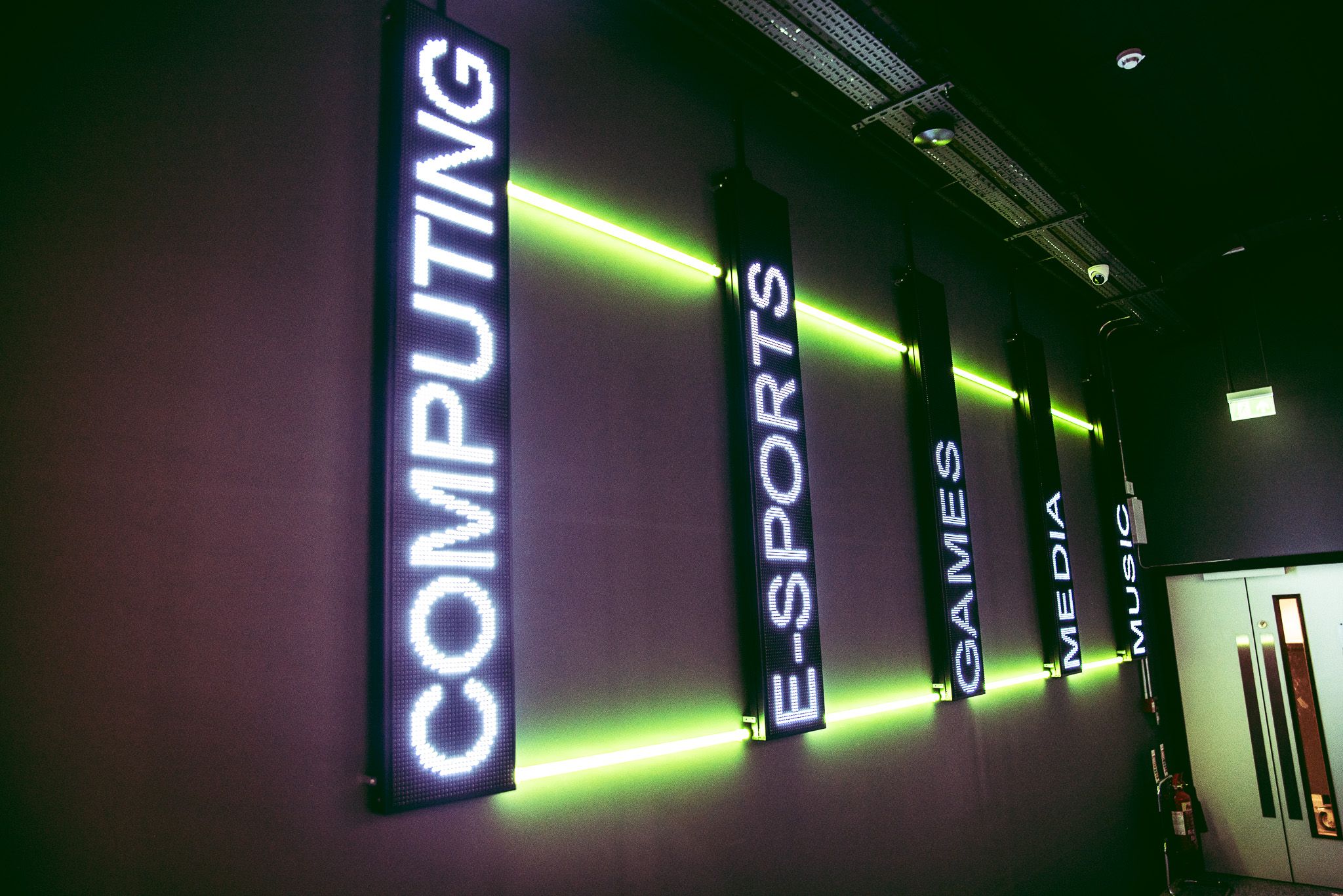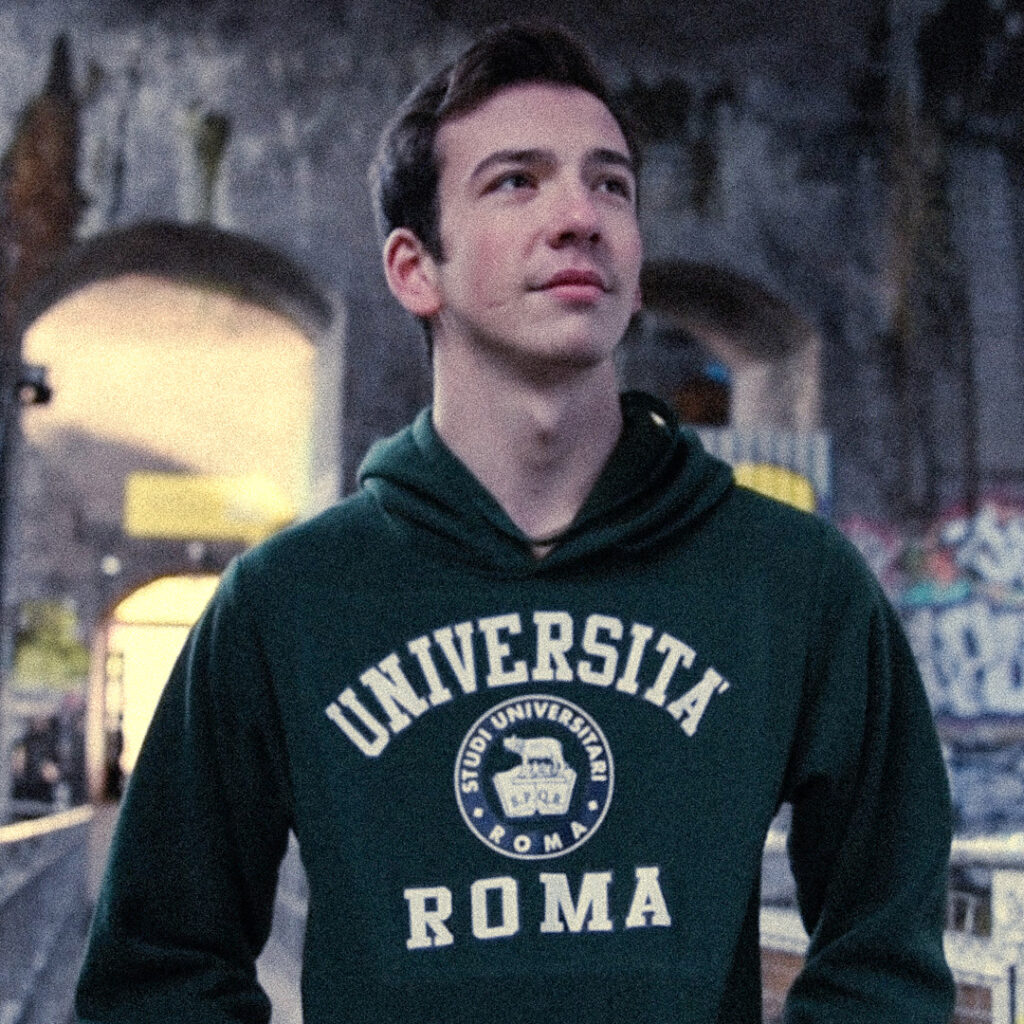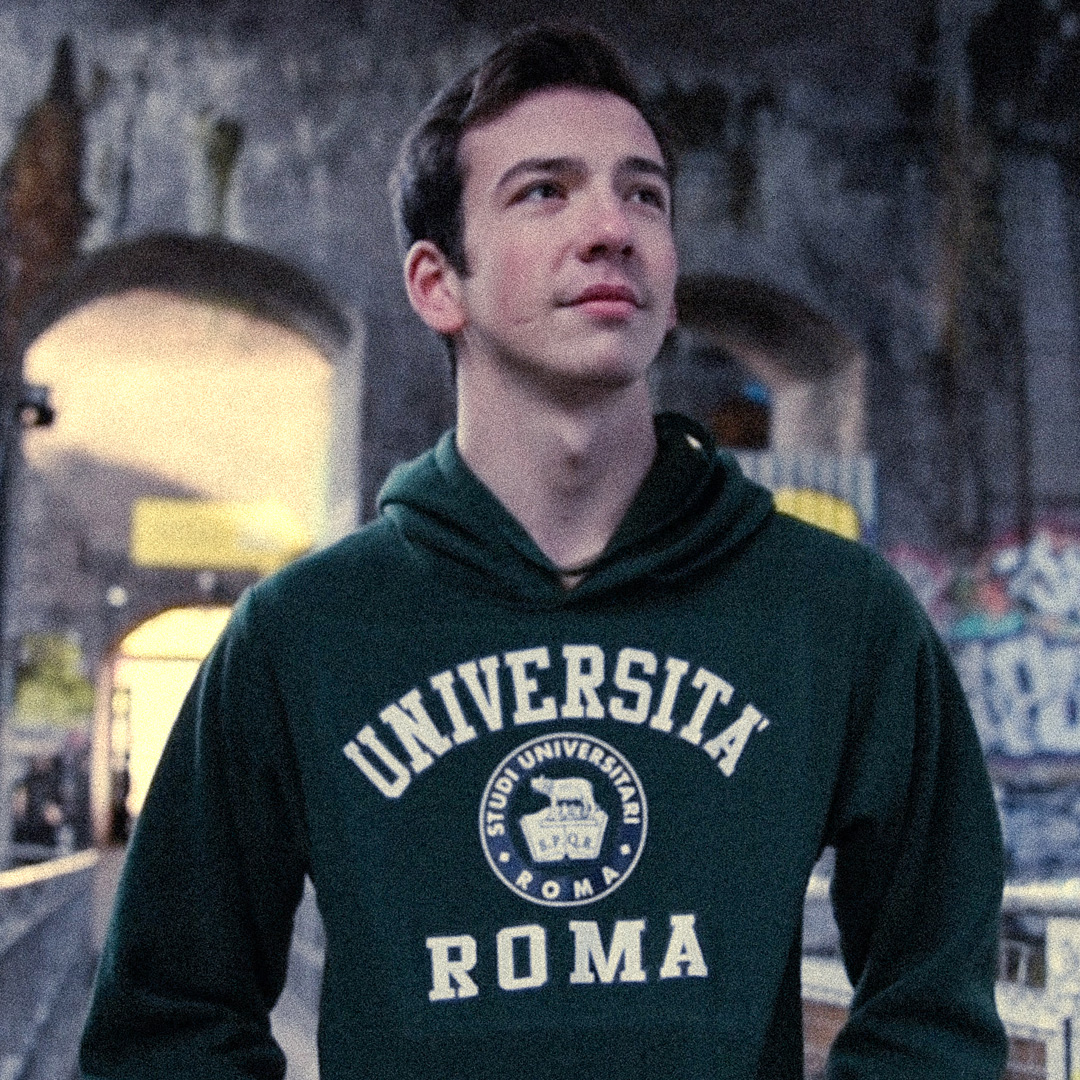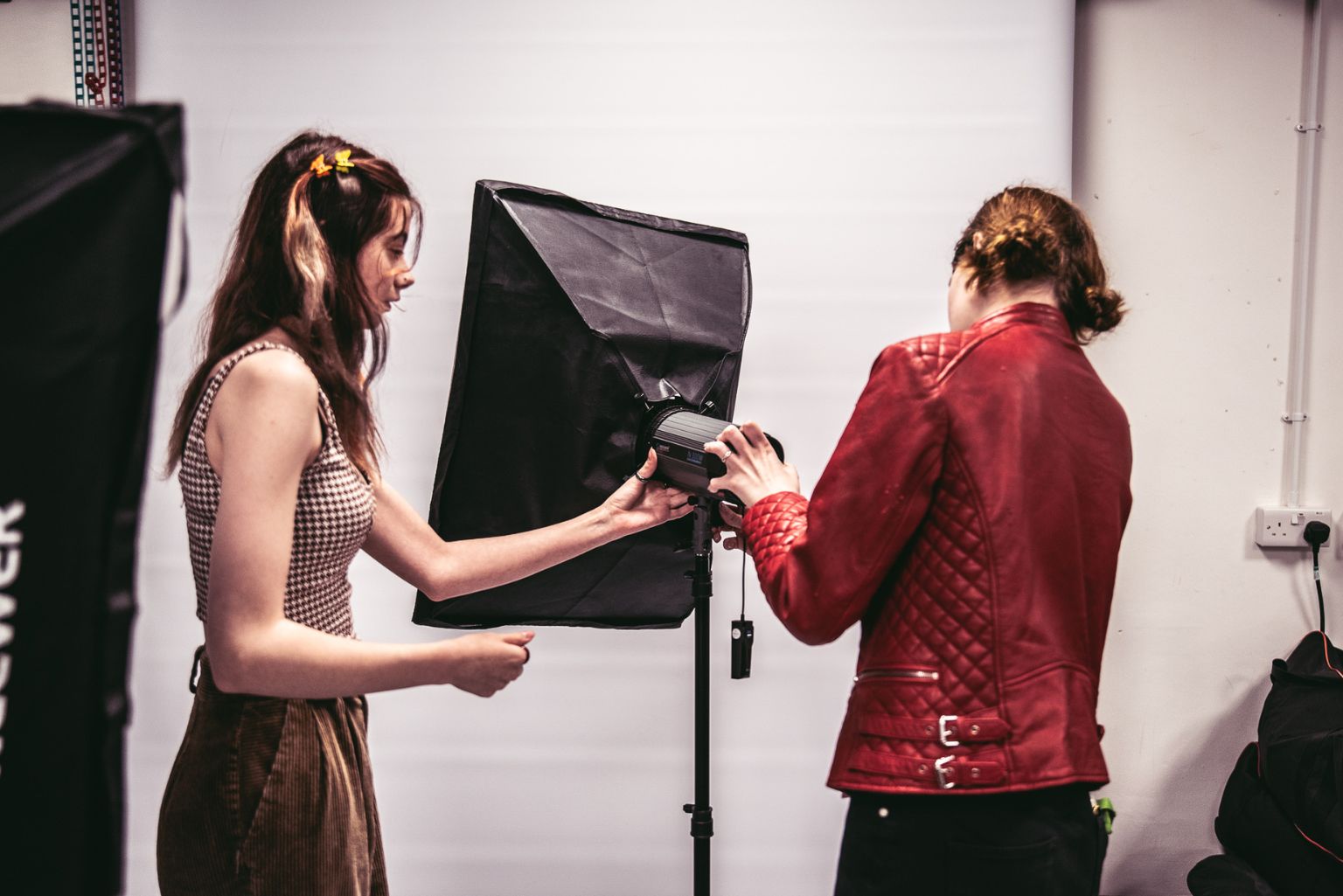We explore the difference between further education and higher education in the UK, and introduce Access Creative College’s further education options.
Deciding what to do after leaving school can be quite daunting for many students. There are many education-based terms and sometimes it’s hard to know what the differences are. We will clarify the differences between ‘further education’ and ‘higher education’.
Is university further or higher education?
Higher education typically refers to degree programs offered at universities or other accredited institutions. The courses offered are mainly academic in nature, and students gain a bachelor’s, master’s, or doctoral degree at the end of their studies.
While higher education takes a minimum of three years to complete, some universities offer integrated master’s programs that could run for four or five years.
The further education system is often designed for post-16 students keen on pursuing vocational, technical, or practical courses. These programmes usually run for one to two years, and are focused on gaining skills for a specific profession or industry. Examples of courses available in further education include RSL diplomas, NVQs, A-levels, BTECs, and foundation courses.
What are levels 2, 3 and 4 equivalent to?
Within further education there are level 2, 3 and 4 qualifications. Here is a breakdown of what they are equivalent to.
Level 2 qualifications are roughly equivalent to GCSEs. They provide learners with foundational knowledge and understanding of a subject area. Examples of Level 2 equivalent qualifications include the BTEC First Diploma, NVQ Level 2 and GCSEs at grades A*-C.
Level 3 qualifications are roughly equivalent to A-levels. They are designed to provide students with advanced knowledge and skills in a particular subject area. Examples of Level 3 equivalent qualifications include A-levels, BTEC National Diplomas and NVQ Level 3.
Level 4 qualifications are higher education certificates, diplomas and degrees which are equivalent to the first year of an undergraduate degree programme. Examples of Level 4 equivalent qualifications include the Certificate of Higher Education (CertHE), Higher National Certificate (HNC) and Foundation Degree.

Are there any further education colleges near me?
Further Education (FE) colleges typically offer training programmes in technical skills and vocational qualifications. The courses vary from one college to the other, with most of them geared towards helping students acquire specific skills in preparation for a chosen career.
Access Creative College is an example of an FE college with a presence throughout the country. The college has over 3,000 students and seven campuses across the UK, with colleges in Birmingham, Bristol, Lincoln, London, Manchester, Norwich and Plymouth.
Higher Education institutions such as DBS Institute, on the other hand, are devoted to more academic qualifications. They offer undergraduate, postgraduate, and online degree courses focused on various areas, such as music technology, game art, sound design or music production.
When to choose further education or higher education
The choice between higher education and further education comes down to what stage you’re at with your educational and career journey. Students enrol for higher education to acquire a bachelor’s, master’s or doctoral degree and the full-time university experience – after leaving college.
Those interested in gaining practical expertise in a specific trade or vocation after leaving school, or those looking to access education outside of A-levels, might look into further education.
In some instances, students may find it challenging to gain acceptance into a higher education institution based on their academic qualifications. Enrolling for a foundation or access course in further education can help bridge the gap. It can improve your qualifications, and boost your chances of gaining acceptance to a higher education institution.
Choosing a career path is a vital decision that requires careful consideration. Understanding the difference between further education and higher education can make it easier to make the right choice. While higher education is perfect for those seeking academic qualifications and those pursuing a career in specific fields after college, further education is usually geared towards school leavers, but can also boost your chances of accessing higher education.
With Access Creative College’s further education courses, you can acquire the skills, knowledge, and qualifications required to excel in a range of computing, gaming, music or performance industries.






